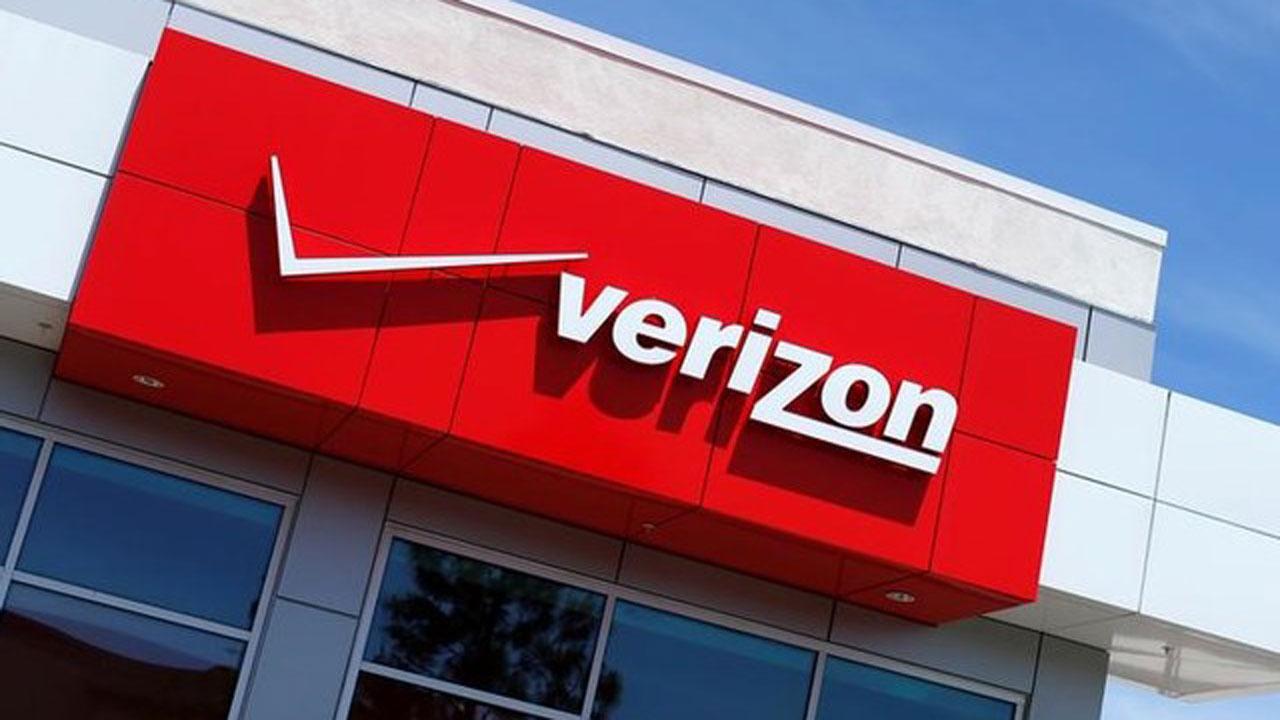T-Mobile, Sprint battle criticism over $26.5B merger on Capitol Hill
Top executives from T-Mobile and Sprint on Wednesday battled claims from lawmakers and outside experts that their $26.5 billion merger would lead to job losses, higher costs for consumers and ultimately harm innovation within the telecommunications sector.
The hearing at the House Energy and Commerce Committee comes as the two firms strive to save a deal under review at the Department of Justice and Federal Communications Commission that is under increasing scrutiny by lawmakers and industry groups.
For their part, T-Mobile and Sprint – the third and fourth largest U.S. carriers, respectively – continued to stress that the merger is necessary in order to build a nationwide fifth-generation (5G) wireless network and provide service at a cheaper price than competitors AT&T and Verizon.
“When we build our world-class 5G network, we are not only going to benefit wireless customers, but also finally create real choices for consumers, including rural customers, who are stuck with little or no choices for in-home broadband service today,” T-Mobile CEO John Legere told lawmakers. “Neither Sprint nor T-Mobile could do anything close to this on their own. And no one else will do it on our accelerated time frame if we don’t do it together.
Other witnesses disagreed. Representatives for rural wireless carriers and telecom workers argued it would put downward pressure on wages and lead to substantial job losses, despite promises by T-Mobile and Sprint that it would add thousands of new positions.
| Ticker | Security | Last | Change | Change % |
|---|---|---|---|---|
| TMUS | T-MOBILE US INC. | 197.39 | -4.47 | -2.21% |
| S | SENTINELONE INC | 13.22 | +0.29 | +2.24% |
| VZ | VERIZON COMMUNICATIONS INC. | 46.29 | -0.77 | -1.64% |
| T | AT&T INC. | 27.13 | -0.18 | -0.66% |
“Sprint and T-Mobile compete with each other for the same type of customers, often low and moderate-income households, which is why their stores are located near each other, sometimes right across the street,” said Chris Shelton, president of the Communications Workers of America. “It would make no sense for the merged company to keep all these stores open after the merger. That’s not how businesses operate.”
The companies say they will launch 600 new retail stores and five customer call centers, as well as hire 11,000 new rural workers. Legere also promised on Wednesday that anyone affected by the merger would have a job elsewhere in the combined firm.
Central to the argument by opponents is concerns over the consolidation of the U.S. telecom industry from four major providers down to three. While critics say Sprint and T-Mobile would lose the incentive to compete for lower costs -- ultimately raising prices closer to the levels that Verizon and AT&T charge – others say it could benefit consumers.
"More competitors is not always better. This is especially true given the economics of communications networks, which feature tremendously high, fixed upfront costs to serve a given geographic area,” Doug Brake, a director at the Information Technology and Innovation Foundation, told the panel. “A combined company could do more with less, allowing the new firm to drive greater value throughout the business, ultimately passing a significant share onto consumers.”
CLICK HERE TO GET THE FOX BUSINESS APP
In an attempt to persuade regulators and the public, T-Mobile and Sprint previously pledged to hold off on any price increases for three years after the merger. Critics, however, say the promise has numerous loopholes – including potential hikes to surcharges that could overshadow any savings from consistent plan pricing.
“It just seems impractical and unenforceable,” said Phillip Berenbroick, senior policy counsel at Public Knowledge.




















